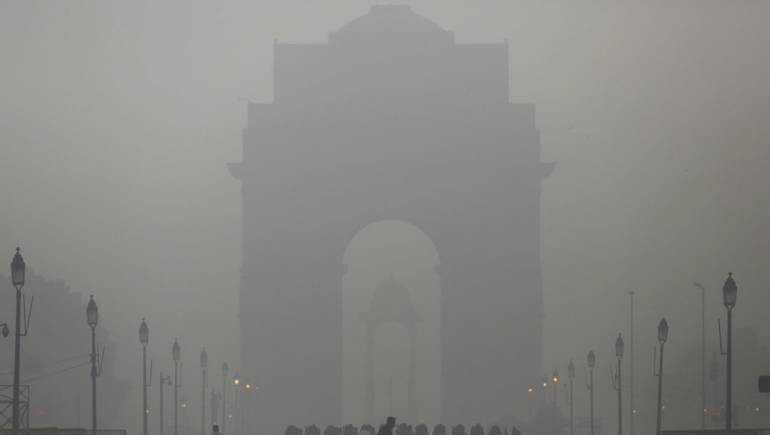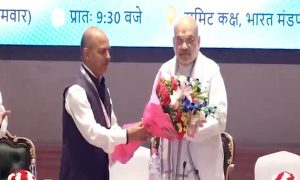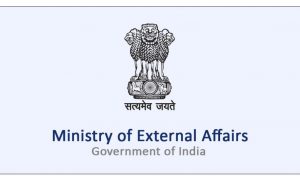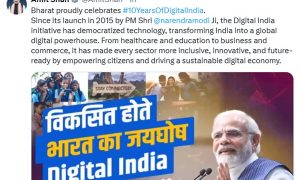A bench headed by Justice Madan B Lokur passed this direction after advocate Aparajita Singh, assisting the court as an amicus curiae in the pollution matter, raised this point which was supported by the CPCB.
Citizens in Delhi-NCR will soon be able to lodge complaints about pollution on the social media as the Supreme Court Monday directed the Central Pollution Control Board (CPCB) to “immediately” create an account for this issue.
A bench headed by Justice Madan B Lokur passed this direction after advocate Aparajita Singh, assisting the court as an amicus curiae in the pollution matter, raised this point which was supported by the CPCB.
Singh told the bench, which also comprised Justices S Abdul Nazeer and Deepak Gupta, that a “transparent system” was needed so that people could lodge their complaints on Twitter or Facebook so that the authorities concerned could act upon them.
Additional Solicitor General A N S Nadkarni, appearing for the Centre and CPCB, supported the suggestion given by the amicus in this regard.
“We will do it (create social media account),” he said.
During the hearing, the bench observed that in a separate matter related to sealing of illegal constructions in Delhi, a mobile application was launched by the authority, enabling the citizens to lodge complaints about illegal constructions and encroachments.
“They (authority) received so many complaints. It was over 1,000 and the complaints attended to were only around 300. I do not know how it (social media account) will work? They (CPCB) may also say that account will crash,” Justice Lokur observed, adding, “The point is that they (authorities) have to act on these complaints”.
To this, the amicus said, “Facebook and Twitter account will not crash”.
“They (authorities) are accountable to public. They cannot tell the people to sit inside their homes,” she said.
The amicus said that several orders and directions have been issued by the apex court in pollution matter but the issue was lack of implementation of these directions by the authorities.
“Even if they implement one-fourth of the directions passed by this court, there will be no crisis as it is there today,” she said.




























 WhatsApp us
WhatsApp us